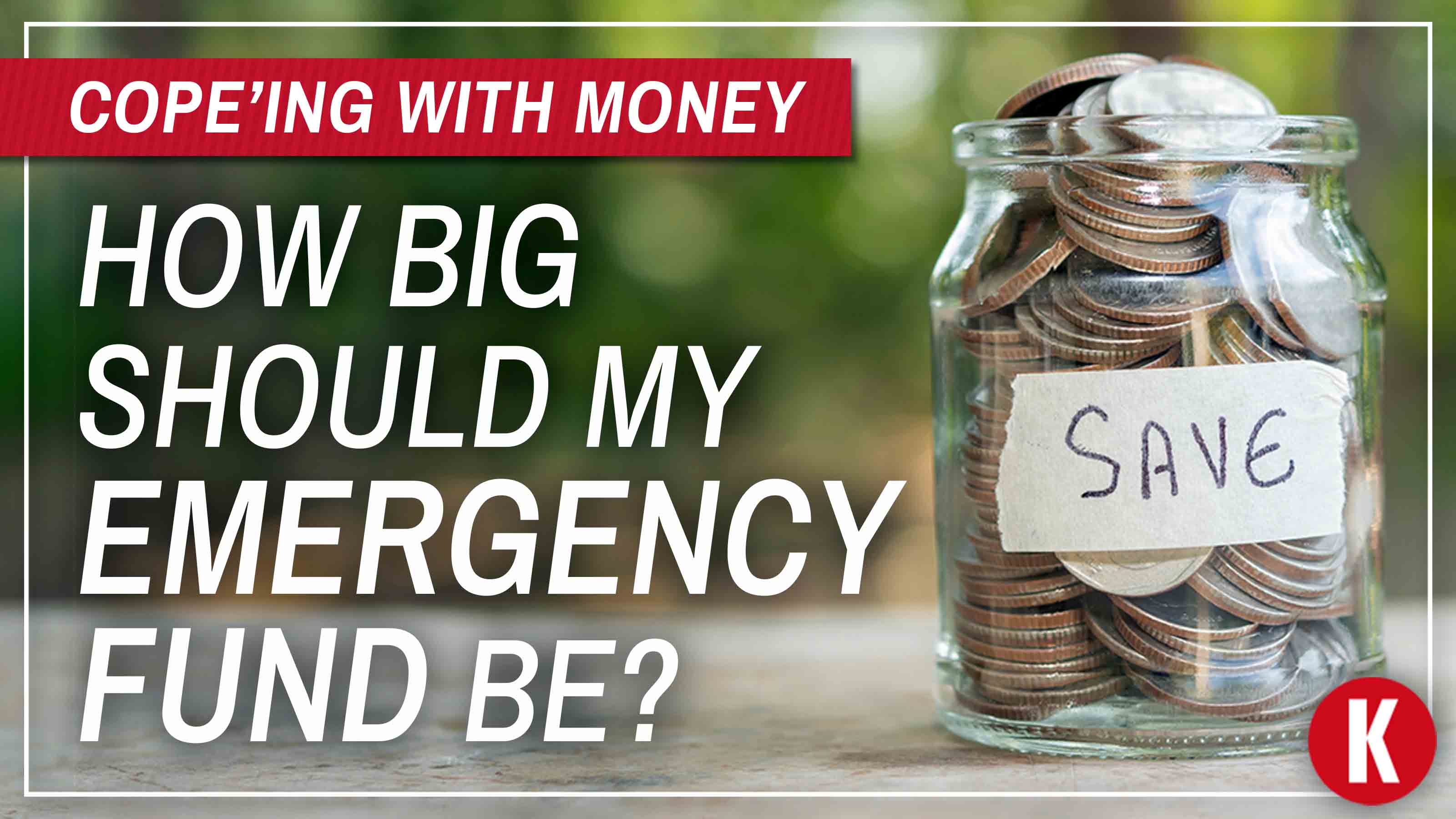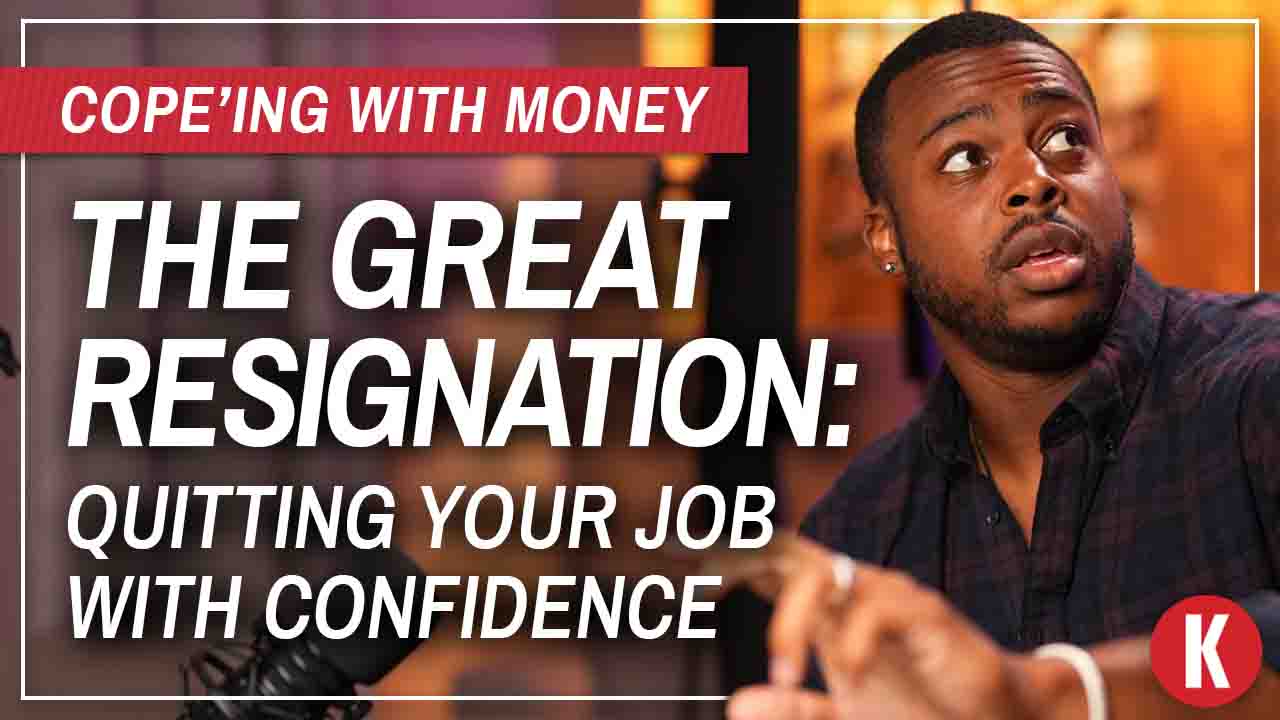Secrets of the Millionaire Next Door
Join the ranks of the invisible rich by building wealth the right way.

Profit and prosper with the best of Kiplinger's advice on investing, taxes, retirement, personal finance and much more. Delivered daily. Enter your email in the box and click Sign Me Up.
You are now subscribed
Your newsletter sign-up was successful
Want to add more newsletters?

Delivered daily
Kiplinger Today
Profit and prosper with the best of Kiplinger's advice on investing, taxes, retirement, personal finance and much more delivered daily. Smart money moves start here.

Sent five days a week
Kiplinger A Step Ahead
Get practical help to make better financial decisions in your everyday life, from spending to savings on top deals.

Delivered daily
Kiplinger Closing Bell
Get today's biggest financial and investing headlines delivered to your inbox every day the U.S. stock market is open.

Sent twice a week
Kiplinger Adviser Intel
Financial pros across the country share best practices and fresh tactics to preserve and grow your wealth.

Delivered weekly
Kiplinger Tax Tips
Trim your federal and state tax bills with practical tax-planning and tax-cutting strategies.

Sent twice a week
Kiplinger Retirement Tips
Your twice-a-week guide to planning and enjoying a financially secure and richly rewarding retirement

Sent bimonthly.
Kiplinger Adviser Angle
Insights for advisers, wealth managers and other financial professionals.

Sent twice a week
Kiplinger Investing Weekly
Your twice-a-week roundup of promising stocks, funds, companies and industries you should consider, ones you should avoid, and why.

Sent weekly for six weeks
Kiplinger Invest for Retirement
Your step-by-step six-part series on how to invest for retirement, from devising a successful strategy to exactly which investments to choose.
Ever have one of those situations where you find out your brown-bagging coworker has a house at the beach? Or that the unassuming guy who sings next to you in the church choir made a five-figure donation to the symphony?
You must be in the presence of what we like to call the "invisible rich." So, how do they do it? Sure, money like that can come from an inheritance or some other break, but more often than not, it’s the result of diligence, smart choices and, well, deferred gratification.
The tenets followed by these secret millionaires next door can also put you on the path to financial prosperity. Let's look at some of them.
From just $107.88 $24.99 for Kiplinger Personal Finance
Become a smarter, better informed investor. Subscribe from just $107.88 $24.99, plus get up to 4 Special Issues

Sign up for Kiplinger’s Free Newsletters
Profit and prosper with the best of expert advice on investing, taxes, retirement, personal finance and more - straight to your e-mail.
Profit and prosper with the best of expert advice - straight to your e-mail.
Number 1: They don’t spend beyond their means
Yes, this is obvious, but it’s ignored as often as it’s repeated. This is what makes the invisible rich, well, invisible: They’re not conspicuous about their consumption. They’re value shoppers, whether it’s for a car or college or anything else. And they’ll buy used, putting items to use for as long as they still do the job. Meanwhile, they put the money they saved instead of buying shiny new objects to work earning interest and dividends. (Read 7 Best Things to Buy at Dollar Stores.)
Number 2: They don't swing for the fences
Just as the invisible rich take a pass on flashy things, they keep things simple when investing, avoiding more exotic options such as structured notes and hedge funds, even when their higher net worth opens the door to such investments. That’s not just because of the risk of losing principal; it’s also because of the fees that complex investments often bring with them. That’s money you’re guaranteed to lose, and money that won’t be around to grow your wealth over the long term. (Read 8 Steps to Be a Better investor.)
Number 3: They keep themselves covered
I'm talking about insurance here. It doesn’t do you much good to diligently work at getting rich slowly only to lose it all to illness, disability or someone tripping over the rosebushes at the end of your front walk. (Read 10 Insurance Mistakes to Avoid.)
Read 10 Reasons You Will Never Be a Millionaire for more lessons about The Invisible Rich.
Profit and prosper with the best of Kiplinger's advice on investing, taxes, retirement, personal finance and much more. Delivered daily. Enter your email in the box and click Sign Me Up.

In his former role as Senior Online Editor, David edited and wrote a wide range of content for Kiplinger.com. With more than 20 years of experience with Kiplinger, David worked on numerous Kiplinger publications, including The Kiplinger Letter and Kiplinger’s Personal Finance magazine. He co-hosted Your Money's Worth, Kiplinger's podcast and helped develop the Economic Forecasts feature.
-
 Dow Adds 1,206 Points to Top 50,000: Stock Market Today
Dow Adds 1,206 Points to Top 50,000: Stock Market TodayThe S&P 500 and Nasdaq also had strong finishes to a volatile week, with beaten-down tech stocks outperforming.
-
 Ask the Tax Editor: Federal Income Tax Deductions
Ask the Tax Editor: Federal Income Tax DeductionsAsk the Editor In this week's Ask the Editor Q&A, Joy Taylor answers questions on federal income tax deductions
-
 States With No-Fault Car Insurance Laws (and How No-Fault Car Insurance Works)
States With No-Fault Car Insurance Laws (and How No-Fault Car Insurance Works)A breakdown of the confusing rules around no-fault car insurance in every state where it exists.
-
 How Big Should My Emergency Fund Be?
How Big Should My Emergency Fund Be?Feature NFL linebacker and Kiplinger contributing editor Brandon Copeland discusses the importance of building an emergency fund.
-
 Homeowners Insurance: How to Protect Your Home
Homeowners Insurance: How to Protect Your HomeBrandon Copeland NFL linebacker and Kiplinger contributing editor Brandon Copeland discusses the ins and outs of homeowners insurance.
-
 The "Real" Cost of Buying a Car
The "Real" Cost of Buying a CarFeature Atlanta Falcons linebacker and Kiplinger contributing editor Brandon Copeland illustrates how car prices are far more than meets the eye.
-
 How to Plan a Budget-Friendly Family Vacation
How to Plan a Budget-Friendly Family VacationBrandon Copeland Atlanta Falcons linebacker and Kiplinger contributing editor Brandon Copeland provides tips on how to go on vacation without breaking the bank.
-
 The Great Resignation: How to Quit Your Job With Confidence
The Great Resignation: How to Quit Your Job With ConfidenceBrandon Copeland Atlanta Falcons linebacker and Kiplinger contributing editor Brandon Copeland provides tips on how to properly quit your job and upgrade your career.
-
 How to Achieve Your 2022 New Year's Resolutions
How to Achieve Your 2022 New Year's ResolutionsBrandon Copeland You've already made your New Year's resolutions. Atlanta Falcons linebacker and Kiplinger contributing editor Brandon Copeland explains how you can stick with them and accomplish them.
-
 Santa's End-of-the-Year Finance Tips
Santa's End-of-the-Year Finance TipsFeature Atlanta Falcons linebacker and Kiplinger contributing editor Brandon Copeland shares a few ways you can improve your finances before 2022 gets here.
-
 Planning Your Child's Financial Future
Planning Your Child's Financial FutureFeature Atlanta Falcons linebacker and Kiplinger contributing editor Brandon Copeland talks about ways to set your child up with a strong financial foundation.